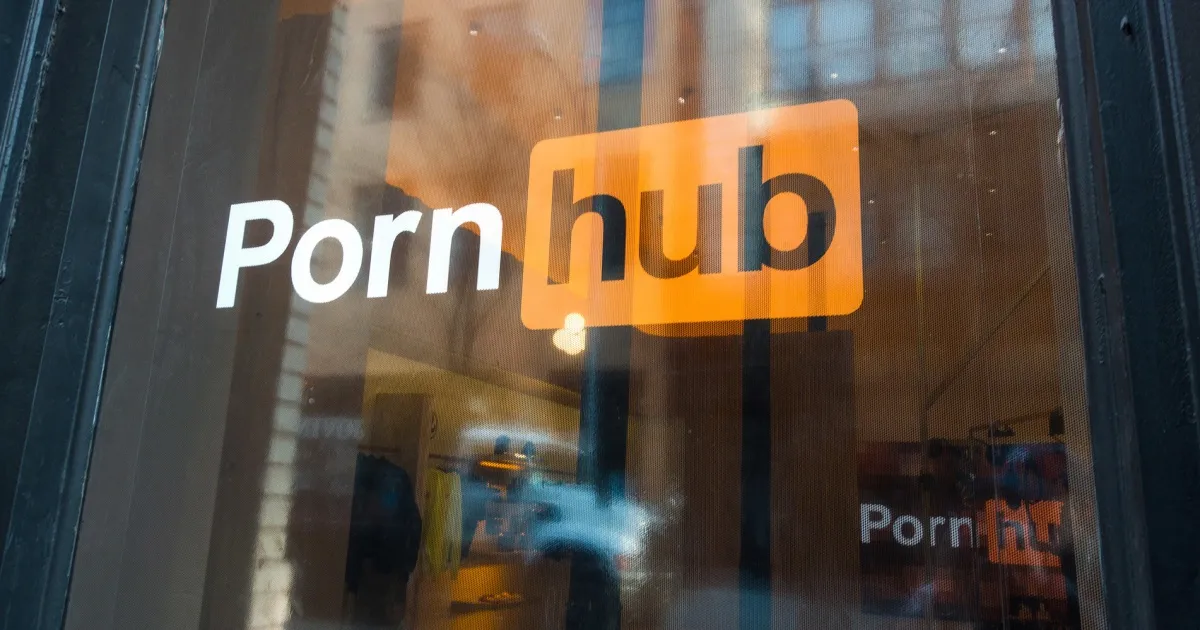
On Friday, the Supreme Court of the United States delivered a pivotal ruling by upholding a Texas law designed to restrict young individuals' access to pornographic content online. In a decisive 6-3 vote, the justices dismissed a challenge from the Free Speech Coalition, a group representing pornography interests that argued the law infringes on the free speech rights of adults wishing to access such content.
The Texas law mandates that users visiting websites hosting adult content must verify their age before gaining access. This verification process typically involves the operator reviewing a government-issued identification, such as a driver’s license. Justice Clarence Thomas, writing for the majority, emphasized that the law merely requires established age verification methods already implemented by many pornographic sites and various other industries.
According to Justice Thomas, the law serves a crucial purpose by advancing the state's significant interest in shielding children from exposure to sexually explicit material. This ruling highlights the balance between protecting minors and maintaining the rights of adults to access adult content.
The challengers contended that the Texas law violates the First Amendment of the Constitution by imposing a “content-based burden” on adults' access to speech. They referenced a 2004 Supreme Court decision regarding the Child Online Protection Act, which found that a similar federal law restricting access to pornography was likely unconstitutional. A federal judge had previously ruled that the provision in question was problematic, noting that it did not solely limit access for minors.
Following the ruling from the New Orleans-based 5th U.S. Circuit Court of Appeals, which sided with Texas and declined to temporarily suspend the law while awaiting further review, some prominent online pornography platforms, including Pornhub, have chosen to restrict access for users in Texas. This decision reflects concerns about the law's implementation and potential compliance issues.
The Supreme Court's ruling signifies a critical moment in the ongoing debate surrounding online pornography, free speech, and the protection of minors in the digital age. As states continue to navigate these complex issues, the implications of this decision will likely resonate throughout the legal landscape.